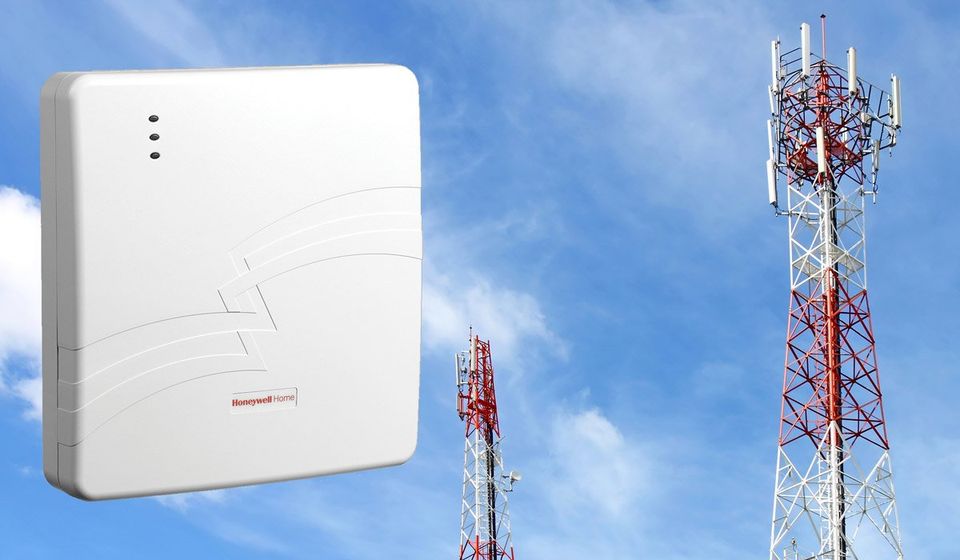How Do Alarms Communicate?
Modern Communication Methods
Over time, alarm systems communication methods have evolved. Depending on the type of alarm, various codes and regulations may apply. For example, security alarms have much more flexibility in how they can communicate versus commercial fire alarms.
Security Alarms:
Security alarms can communicate via internet (hardwired or WiFi depending on the system), phone line, or cellular. Often security alarms have two communication paths—one that is primary and one that is backup. ATP Alarms encourages all customers to have a back up form of communication in the event the primary fails. We believe that the best is setup for fast and reliable communication is internet/WiFi primary with cellular backup. We feel that the internet communication is the fastest while the cellular is most reliable. Traditional alarms relied on phone lines to communicate. Back in the day, these were copper phone lines that could be cut or disrupted. As time progressed, these “phone line” alarms transitioned to VOIP (voice over IP) communication. As a result, if there is an internet failure (power outage, network issue, or tampering wit your modem), the alarm communication would be affected. We view phone line communication as a last resort. If you are interested in exploring different ways your existing alarm can communicate, call us for a free over the phone consultation.
Fire Alarms:
Fire code dictates how a fire alarm can communicate. Fire alarms require a dedicated communication path and a backup communication path. Traditionally, this meant a dedicated phone line and a backup phone line. A dedicated phone line means nothing else can utilize this line—fax, elevator, etc. The backup line can be any other line that is in the building. New technology has allowed fire-rated cellular units to replace the need for a dedicated phone line. Although there is an upfront cost for the cellular communicator, there is often a large savings over the course of the agreement because the customer can eliminate the dedicated line expense. Before entertaining a change, we always advise you reach out to your alarm company so they can reach out to the Authority Having Jurisdiction to confirm that they are comfortable with the communication chosen.
ATP Alarms and ATP Fire are here to help you navigate how to best protect your home or business. Questions about how to have a safer communication path? Or if there is a possibility to eliminate a phone line expense? Call or email us today.
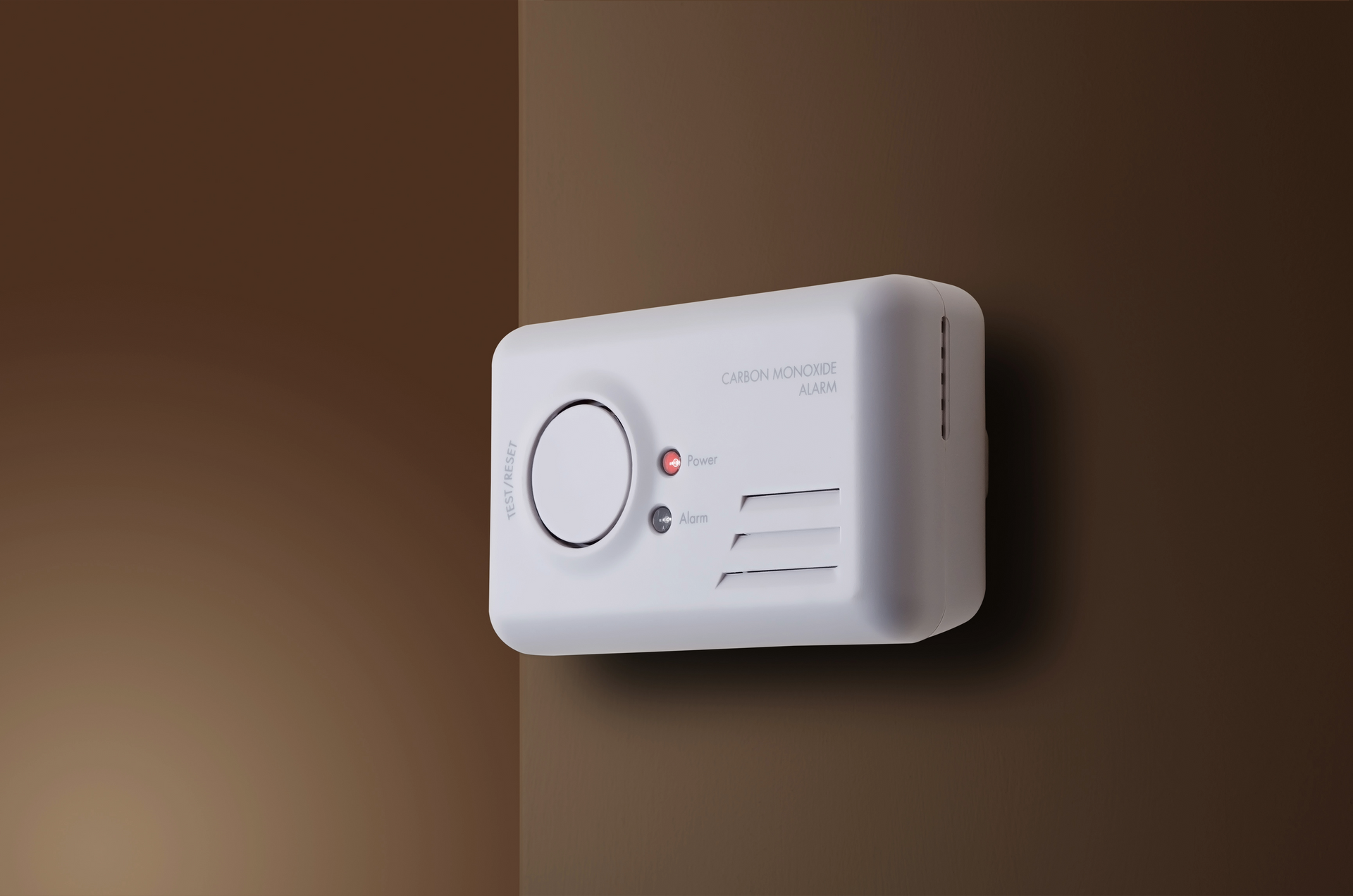
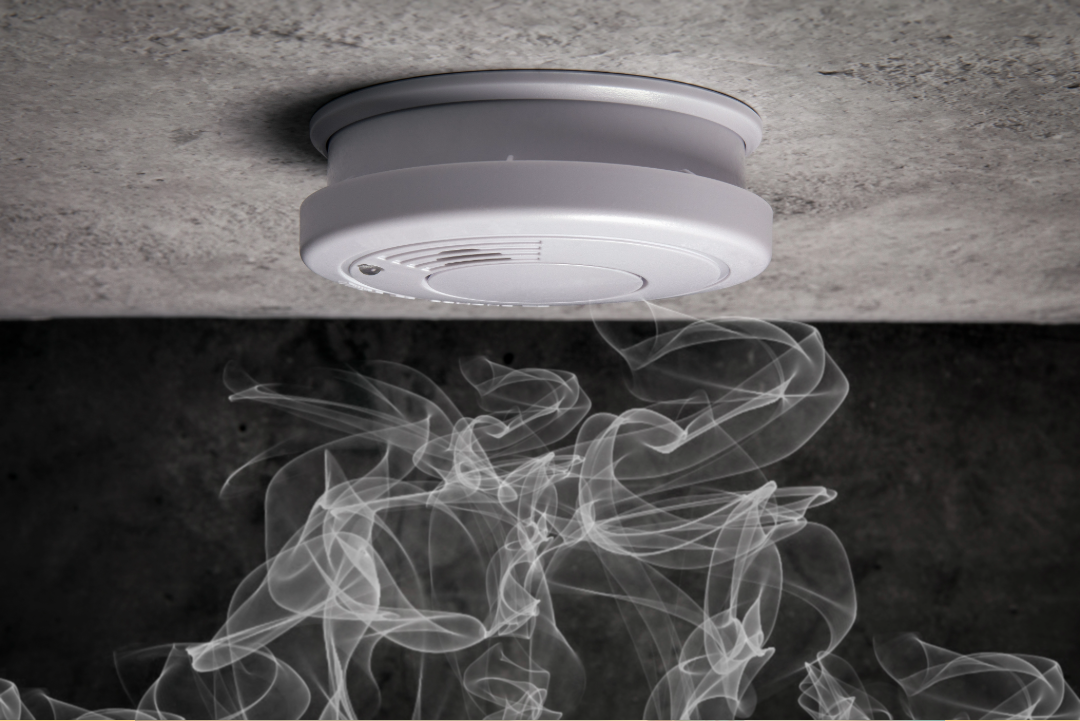


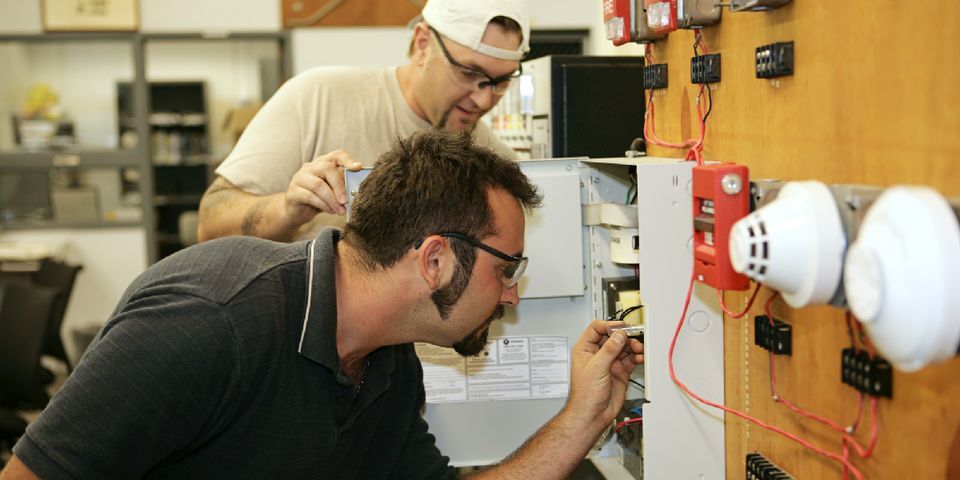
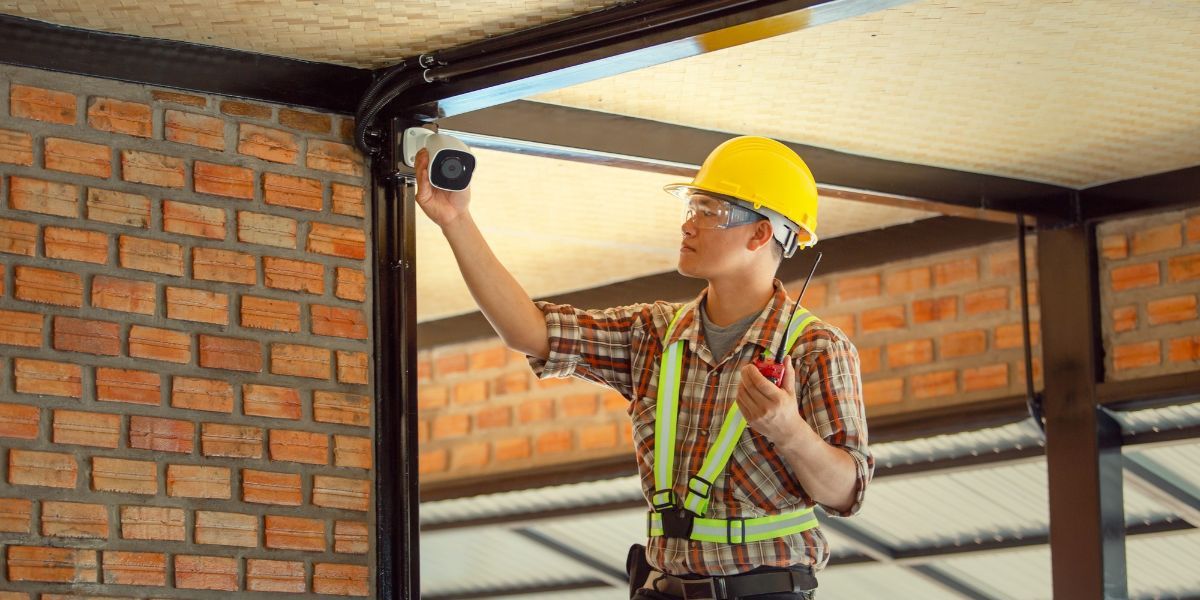

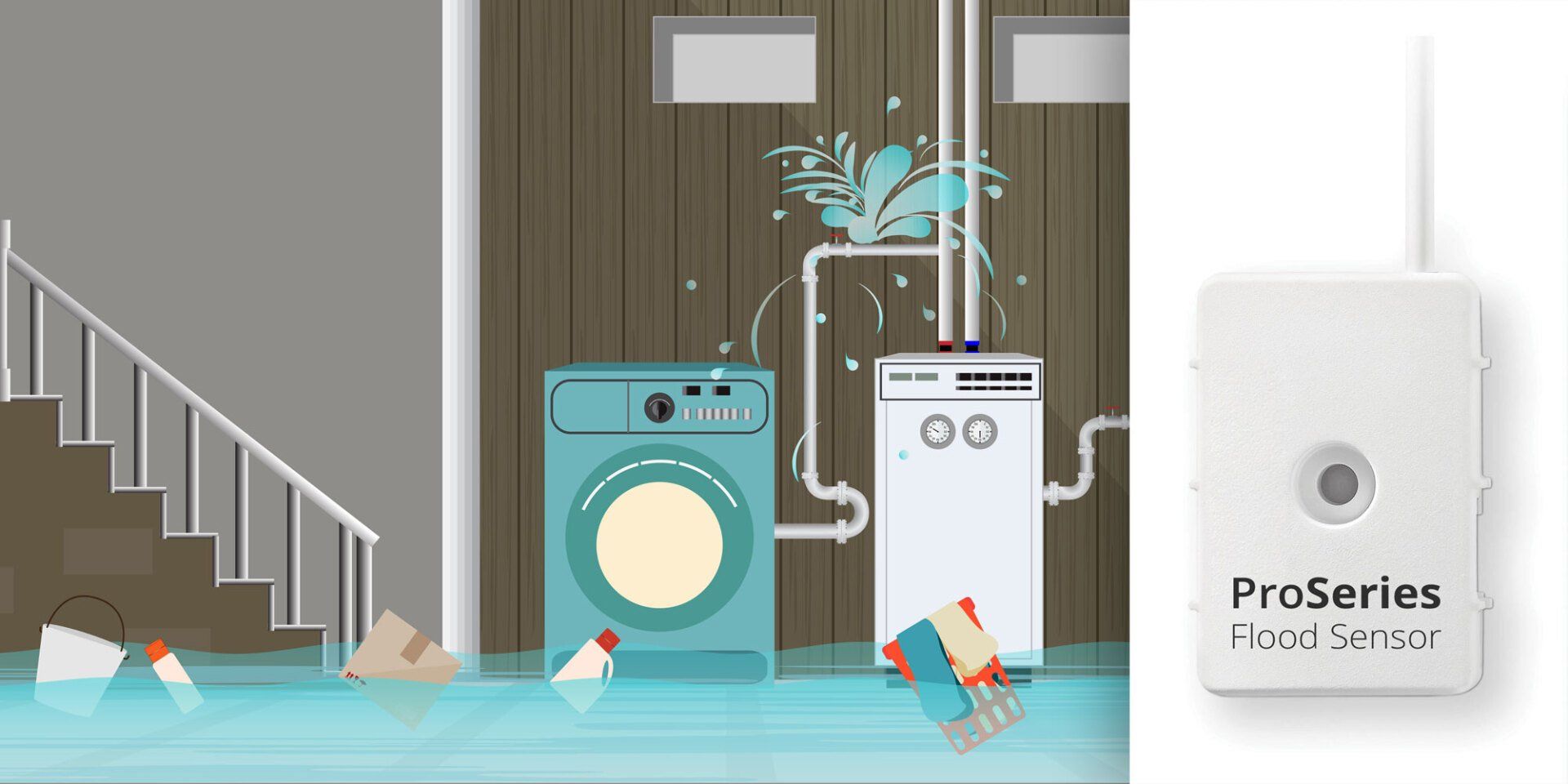

ATP Alarms Google Reviews
 Rating
Rating
Commercial
Residential
Locations
Connecticut Counties:
Fairfield, Hartford, Litchfield, Middlesex, New Haven, New London, Tolland, Windham
Connecticut Cities/Towns:
Avon, Branford, Darien, Glastonbury, Greenwich, Hamden, Manchester, New Canaan, New Haven, North Branford, South Windsor, Stamford, Tolland, Vernon, Wallingford, West Hartford, West Haven, Westport
Florida Counties:
Orange, Osceola, Brevard, Indian River, Saint Lucie, Martin

